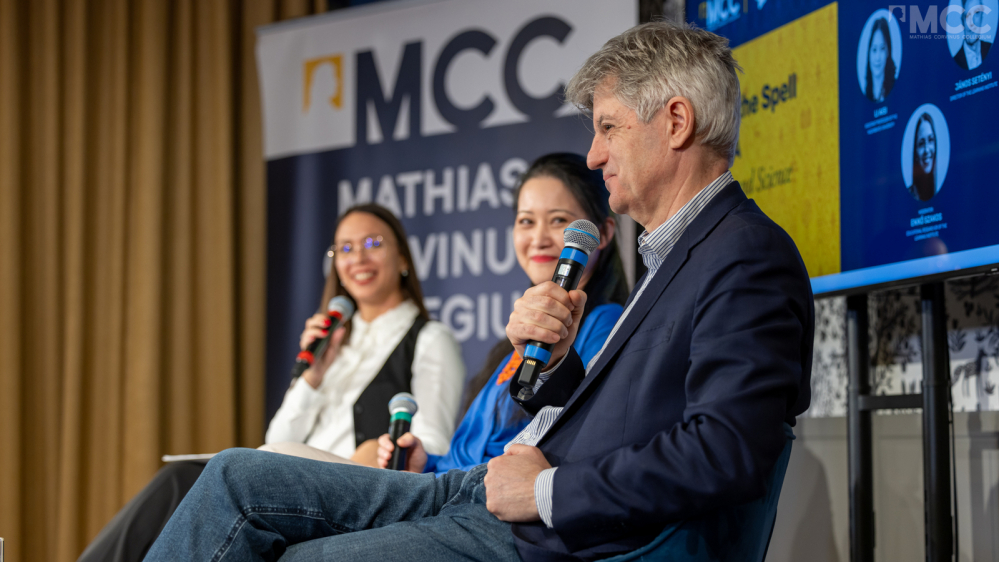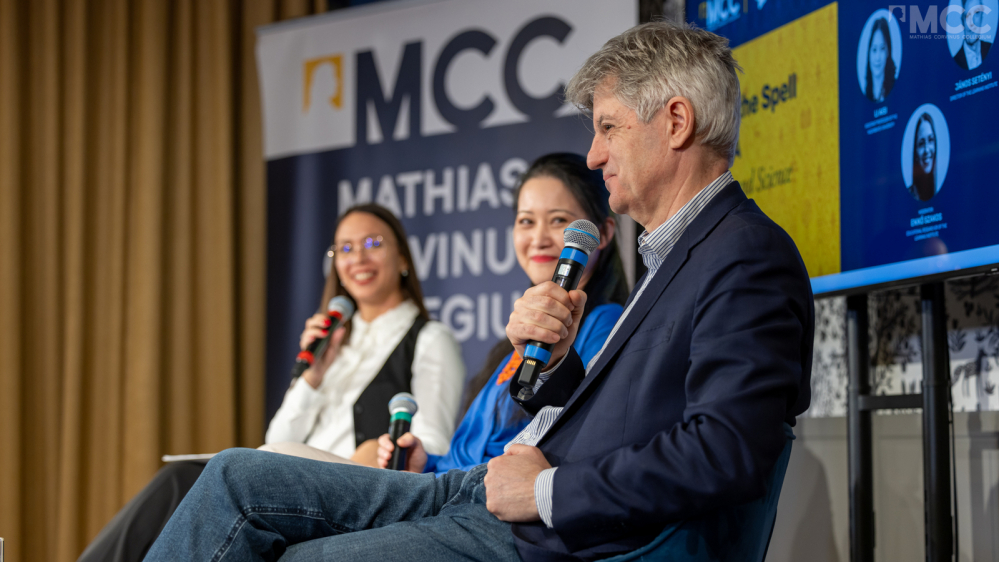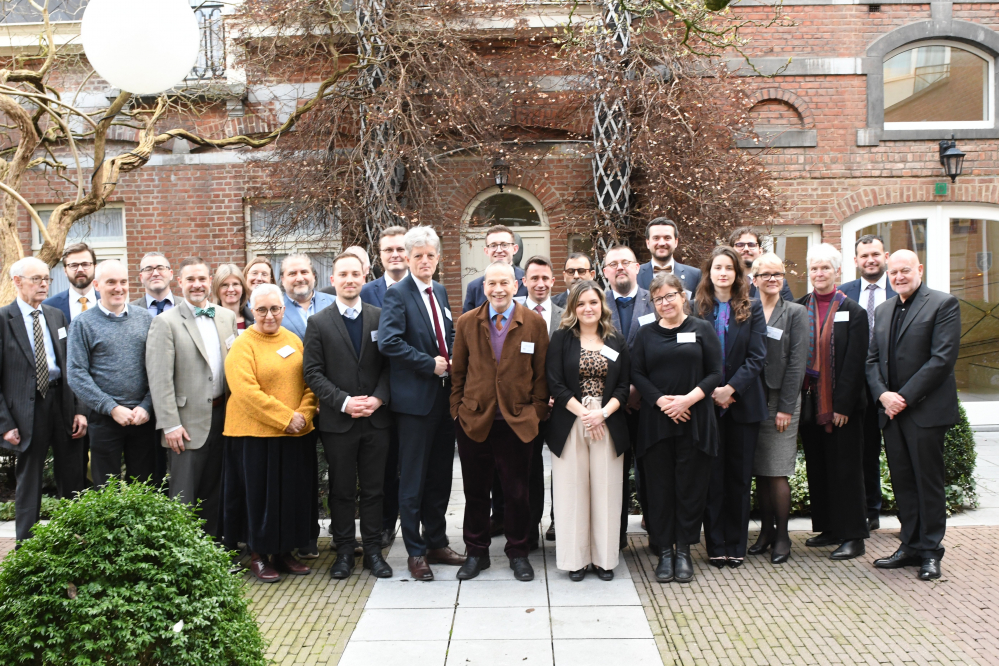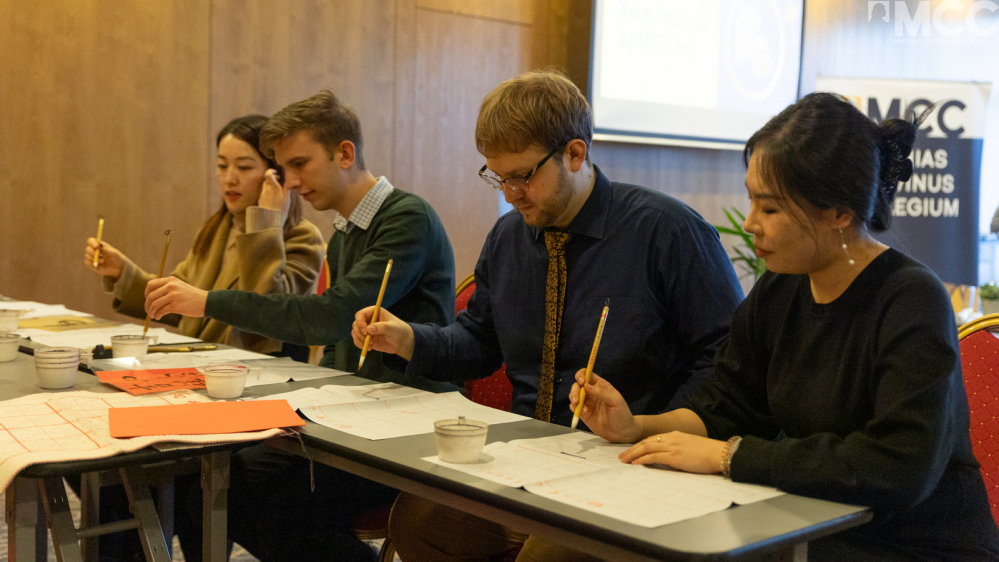The case studies in East Asia, Kazakhstan, Germany and Hungary highlighted that the implementation of PISA recommendations presents different responses and challenges in different cultural and socio-economic landscapes.
At the panel discussion held on February 20, experts discussed the role of the Programme for International Student Assessment (PISA) in shaping global education policy. The talk emphasized the role of PISA, which is more than an assessment tool, stressing its importance as a global communication product. The discussion explored the nuanced policy advice from the PISA results and their profound impact on shaping education policy worldwide. Focusing on higher education policy implications, including insights from PISA expert Aisi Li, the audience gained a deeper understanding of PISA's far-reaching impact beyond primary and secondary education. The discourse unfolded with a multifaceted exploration of the development, impact and challenges of PISA in different education systems worldwide.
PISA, a standardized assessment administered by the OECD, has become a key tool for governments around the world to provide insight into students' abilities to navigate the challenges of reading, math and science. With the participation of more than 100 countries and economies, PISA serves as a global benchmark, facilitating communication and policy-making between nations.
The panel discussion began by examining the evolution of PISA, which has moved from a focus on basic skills to competencies such as problem solving, innovation and creativity. This evolution reflects the recognition of the changing needs of the modern world and emphasizes the need for adaptable evaluation criteria.
János Setényi, Director of MCC's Learning Institute said that despite the fact that he found PISA useful in providing comparative data, the analysis is not without criticism. Valid concerns have been raised about the rankings, and ongoing debates include discussions about statistical errors and the impact of social and economic factors on educational outcomes. However, these rankings serve as a catalyst for policy discussion and reform, as evidenced by the transformative impact of Shanghai's PISA success on Chinese education policy.
At the panel discussion, he also highlighted the complex interaction between the PISA results and the national education policy. While PISA serves as a global benchmark, national decision-makers interpret these results in the context of their own education systems and priorities.
In addition, Aisi Li, Assistant Professor at Nazarbayev University's Graduate School of Education and a PISA expert, emphasized the importance of contextual factors in understanding educational outcomes. Previously neglected factors such as food security and resilience have emerged as critical determinants of academic achievement, challenging the notion that top PISA rankings guarantee future economic competitiveness, while at the same time, top performers do not necessarily score high in happiness.
The debate touched on the complexity of education strategies in less developed countries, warning against underestimating their approaches compared to more affluent regions. The juxtaposition of Chinese digital equipment and Singaporean pedagogical methodology in Cambodia is a good example of educational development strategies used worldwide.
Enikő Szakos, education researcher at the MCC Learning Institute, highlighted, the goal of an ambitious education strategy in Cambodia is to become a middle-income, knowledge-intensive economy within five years. While China provides digital equipment, Singapore's pedagogical methodology drives digitization. This highlights the global approach to education. At the same time, she warned the participants against underestimating the educational strategies of less developed countries compared to EU member states.
At the end of the panel discussion, the panelists comprehensively revealed the role of PISA in shaping global education policy. While PISA offers valuable insights and benchmarks, its interpretation and implementation require careful consideration of contextual factors and cultural nuances. The participants, moderated by Enikő Szakos, expert from the Learning Institute, agreed that the teaching methods of high achievers can serve as inspiration. However, it cannot be directly implemented into the system of another country; everyone needs to find their own path. In the future, a nuanced understanding of the complexities surrounding educational assessment and policy-making will be essential to improving educational outcomes globally.









